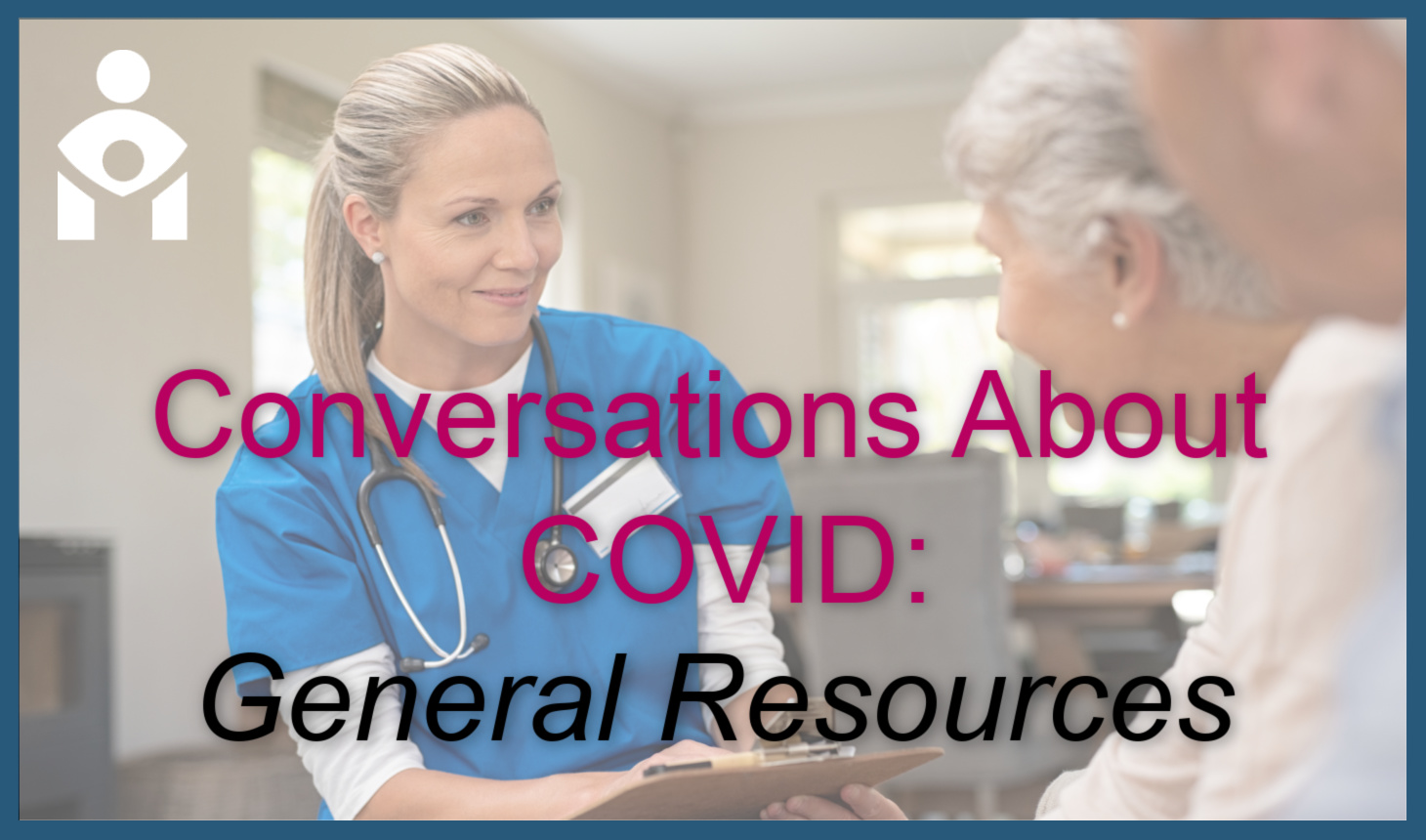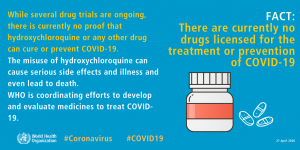Do masks really work? Can mosquitos spread COVID-19? Are children immune? The COVID-19 pandemic has created a unique circumstance of confusion and uncertainty. Health experts are dealing with a novel virus and unable to provide answers fast enough to keep pace with public demand. Recommendations change as scientists have more time to study the virus, unintentionally causing distrust. And others are seizing the opportunity to spread misinformation
Frontline healthcare workers are uniquely situated to combat COVID confusion. Studies have repeatedly demonstrated the impact a sincere recommendation from a health professional can have on patients[1]. CPP has gathered resources for providers to use to educate their patients. These are from a variety of sources and levels of complexity. Healthcare providers can share these resources via social media or a newsletter, link them on their website, or simply use them to guide patient conversations.
Over the next few weeks, we will publish several of these posts, each touching on a different topic concerning COVID-19. Today’s post is a roundup of general resources.
CHOP: “Evaluating Information: What You Should Know”
https://media.chop.edu/data/files/pdfs/vaccine-education-center-evaluating-info-qa.pdf
- The first resource isn’t specific to COVID but is relevant and timely. This general resource from CHOP is a great guide on evaluating media sources and websites to ensure quality, unbiased content.
Johns Hopkins “Coronavirus Disease 2019: Myth vs. Fact”
- This article discusses multiple “myths” about coronavirus including ingesting disinfectants and the origin of the virus.
Rush “Common COVID-19 Myths Debunked”
https://www.rush.edu/health-wellness/discover-health/common-covid-19-myths-debunked
- Rush’s article starts with a guide on spotting falsehood and how to fact check information. It then addresses common misinformation including the severity of COVID-19, pets spreading the virus, and immunity.
The WHO “Coronavirus disease (COVID-19) advice for the public: Mythbusters”
https://www.who.int/emergencies/diseases/novel-coronavirus-2019/advice-for-public/myth-busters
- The WHO Mythbusters webpage provides answers to an exhaustive list of topics from 5G to garlic to masks to UV light. In addition, they provide graphics that can be saved and shared with patients. Below is an example about hydroxychloroquine.
AARP: “10 Myths About the Coronavirus You Shouldn’t Believe”
https://www.aarp.org/health/conditions-treatments/info-2020/coronavirus-myths.html
- This AARP article lists 10 common myths and detailed responses to why they are false. It’s written in an easy to understand manner and includes evidence from a variety of sources.
[1] Impact of a physician recommendation, Hum Vaccin Immunother. 2014 Sep; 10(9): 2632–2635. Published online 2014 Nov 6. doi: 10.4161/hv.29020


[…] September 14, […]
[…] blog is the third in a series of posts about COVID-19. Our first post of this series discussed general resources with reliable information about COVID-19. Our second post was all about […]